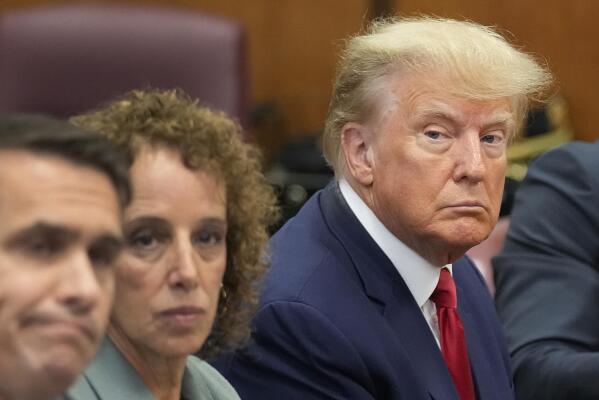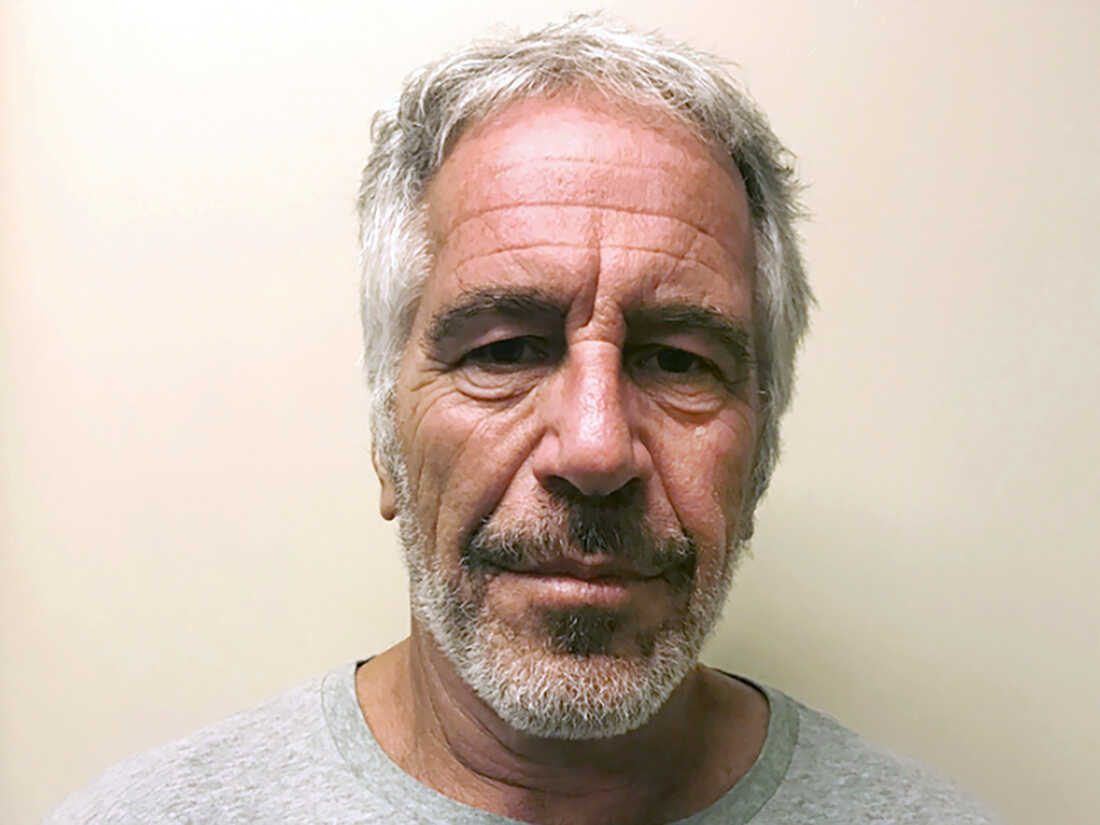The legal saga surrounding Katie Johnson"s allegations against Donald J. Trump is not just a personal battle; it unveils a much deeper, systemic issue of sexual violence and the culture of impunity that often surrounds powerful figures. Johnson"s case, initially filed in 2016, highlights the obstacles faced by survivors of sexual assault when they seek justice against influential men.
Background of the Case
Katie Johnson"s allegations are grave. She accused Trump and Jeffrey Epstein of sexual assault, a charge that carries significant weight in the public discourse about accountability and justice for victims. The case was filed under the Civil Rights Act, citing violations that are not only personal but also societal in nature. Despite these serious allegations, Johnson"s fight for justice was dismissed by the courts, with Judge Dolly M. Gee terminating the case in May 2016, citing a lack of substantiated claims. This outcome raises critical questions about the legal framework surrounding civil rights and sexual violence.
Cultural Implications of Dismissals
The dismissal of Johnson"s case is emblematic of a larger pattern in American society, where victims are often silenced, and their claims are trivialized. According to California"s Sexual Assault Evidence Outreach and Resources, survivors of sexual violence have specific rights that are frequently overlooked in the judicial process. The systemic barriers that prevent survivors from receiving justice only serve to perpetuate a culture that enables perpetrators. In this context, Johnson"s case serves as a microcosm of the struggles that many women face when confronting powerful men.

Photos capture spectacle of Donald Trump"s day in court | AP News
The Role of Media and Public Perception
Media coverage of sexual assault allegations against powerful political figures often shapes public perception significantly. The lack of sustained media attention on Johnson"s case compared to other high-profile allegations raises concerns about the selective nature of media narratives. The Sexual Misconduct of Donald J. Trump article notes that Johnson is among more than twenty women who have accused Trump of similar offenses, yet the mainstream media"s focus often flits from one scandal to the next, leaving many stories untold. This selective attention not only undermines the experiences of survivors but also allows for a societal amnesia regarding the prevalence of sexual violence.
The Legal Landscape for Survivors
Johnson’s case also highlights significant weaknesses in the legal systems designed to protect victims. The decision by Judge Gee to dismiss the case underlines a critical gap in the enforcement of civil rights laws that are supposed to safeguard the rights of individuals against powerful figures. The ruling reflects a broader trend in which courts are hesitant to adjudicate cases involving high-profile defendants, often prioritizing their reputations over the rights of survivors, as noted in the Sexual Assault Survivor"s Bill of Rights.

Video Outside Cell During Jeffrey Epstein"s First Suicide ...
The Need for Reform
The implications of Johnson"s case extend far beyond her individual circumstances. It calls for urgent reforms in how sexual assault allegations are treated within the legal system. Survivors must be granted more robust protections and support mechanisms to enable them to come forward without fear of retribution or dismissal. The systemic nature of sexual violence demands a comprehensive approach, including legislative reforms that empower survivors and hold perpetrators accountable regardless of their status. The Violence Against Women Reauthorization Act of 2013 emphasizes the need for such reforms, yet many states continue to lag behind in implementation.

![[Video] Anti-ICE Protester Pepper Sprayed as CBP Agents Disperse Crowd in Minneapolis](/_next/image?url=%2Fapi%2Fimage%2Fthumbnails%2Fthumbnail-1768260677127-y71sb7-thumbnail.jpg&w=3840&q=75)

![[Video] Several injured as U-Haul truck drives through Iranian protestors in Los Angeles](/_next/image?url=%2Fapi%2Fimage%2Fthumbnails%2Fthumbnail-1768176682028-q95y6j-thumbnail.jpg&w=3840&q=75)
![[Video] Scuffle breaks out between Trump supporters and Anti-ICE protesters in Times Square](/_next/image?url=%2Fapi%2Fimage%2Fthumbnails%2Fthumbnail-1768165958203-hgcgb-thumbnail.jpg&w=3840&q=75)


![[Video] Gunfire between Iraqi security forces and Sadr militias in Baghdad](/_next/image?url=%2Fapi%2Fimage%2Fthumbnails%2Fthumbnail-1768343508874-4redb-thumbnail.jpg&w=3840&q=75)
